If you’re a frequent flier, seeing a Plaza Premium Lounge at an international terminal is nothing too spectacular, as it is often an airport mainstay.
According to its website, they are the world’s largest independent airport lounge network with an international footprint of over 250 locations, 70 international airports, and 30 countries and regions.
With such a massive international foothold, you might think that the brand was founded by someone overseas; however, much to our surprise, the business was actually founded by a Malaysian entrepreneur.
Here’s how former financial service consultant Song Hoi See solved his travelling woes by launching Plaza Premium Lounge.
The start of it all
Song was a typical Malaysian kampung boy and was the second youngest in a family of 13 siblings where everyone lived under one roof in a village in Sungai Udang, Melaka.
“My father came from Guangzhou, China, while my mother was a local. They ran a simple kedai runcit in the village, selling daily provisions to the locals in the area. We were just about self-sufficient,” said Song in an interview with The Edge.
He found himself in the investment banking industry in the early 1980s following a period of study and a few short stints in England.
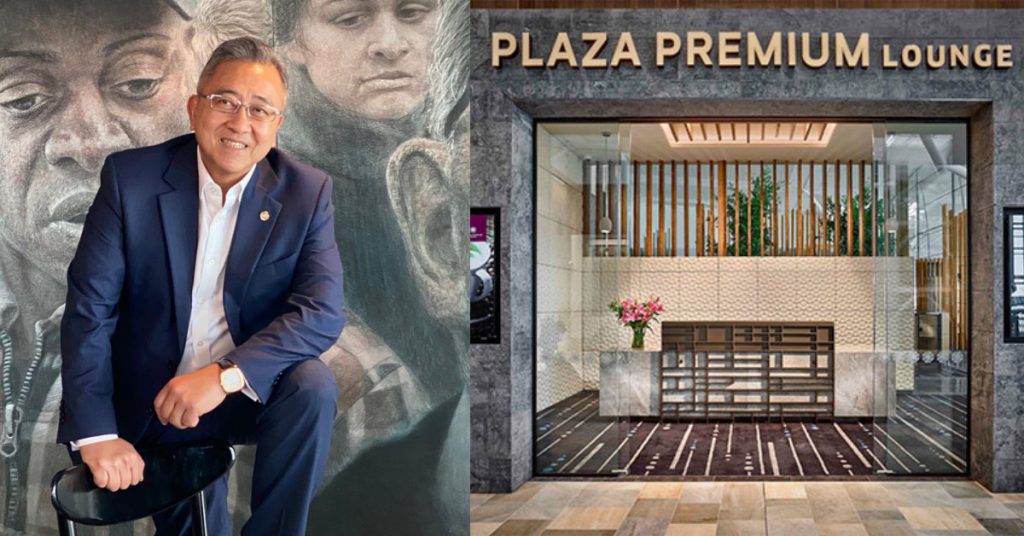
Song eventually ended up at the Lehman Brothers office in Hong Kong. However, he didn’t seem to enjoy the industry as he once admitted, “I hated investment banking.”
“Although I was deemed a fast rising Asian in an international investment bank who constantly outperformed my peers, it did take me some time to be made senior vice president of investments in the Hong Kong office.”
In the end, Song explained that the punishing hours, office politics, and the sense of isolation he got convinced him to walk away.
“Working in an environment like that changes you for the worse. You become prone to saying and doing things that you end up regretting later. I finally decided to walk away from investment banking in 1990,” he shared.
Aiming for the skies
The idea behind Plaza Premium Lounge came after Song, a seasoned traveller, realised how long airport transit hours were often torturous.
This, coupled with his work as an investment banker, meant he could not afford to be disconnected from the global markets, even in transit.
“It was a bad experience for me, trying to get any work done in an airport. I realised just how uncomfortable and tiring the entire transit process was. There was a real gap to be filled here,” stated Song.
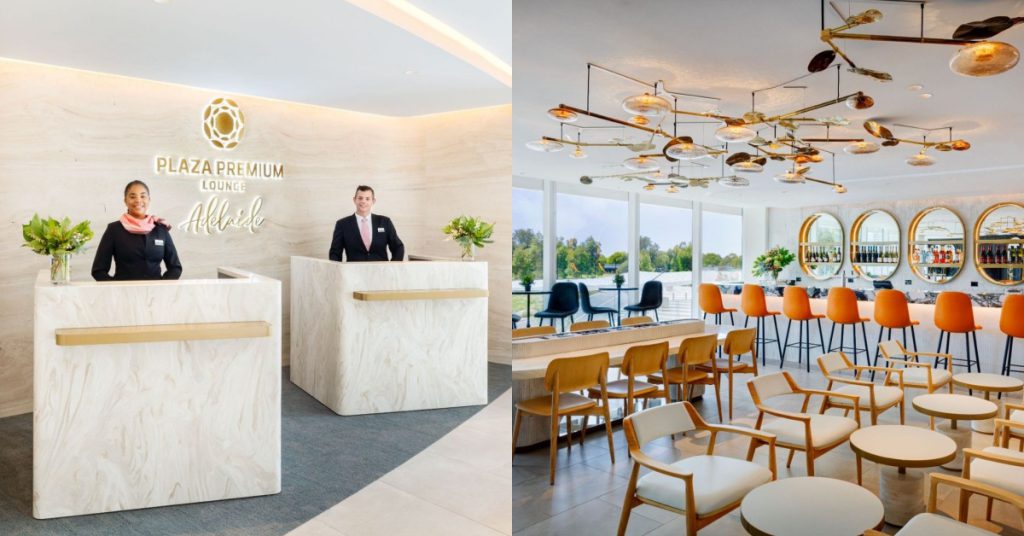
Meanwhile, he recalled how only upon leaving the industry did he experience flying economy class without access to the benefits of airport lounges.
“I wanted to create something for the majority rather than only the 15% of passengers taking business and first class benefiting from such services. I therefore decided to disrupt the status quo by creating this new idea of an independent, pay-per-use airport lounge concept,” he told LUX.
Song opened his first lounge in July 1998 in Hong Kong’s then-brand-new international airport and opened his second lounge a few weeks later in the Kuala Lumpur International Airport, where their services ranged from meet-and-greet receptions to dining, relaxation, connectivity, and shower facilities.
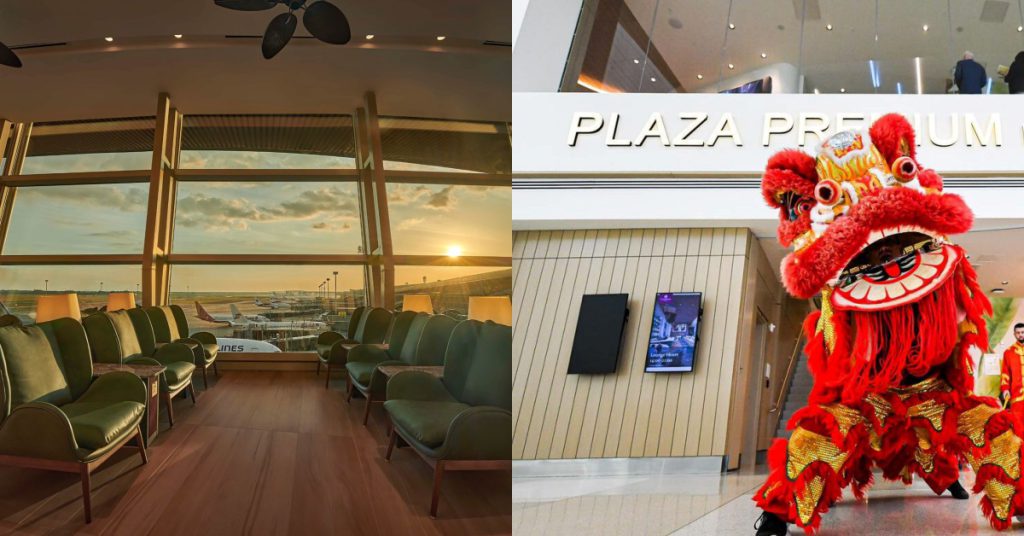
His idea was to create an airport lounge for all travellers to enjoy a meal, with facilities to conduct business, and a relaxation area for guests to wait for their next flight.
However, as time passed, they realised that travellers were looking for more, especially during long-haul travels, so they added shower facilities and a lounge bay so their guests could freshen up before boarding.
Changing the transport industry
According to searches, the world’s first-ever airport lounge dates back to the 1930s, with American Airlines offering airport lounge services exclusively to their commercially important passengers (CIP).
“Economy class passengers were never perceived as being qualified for these services. This was the prevailing mentality in the travel industry for decades,” Song said.
Thus, Song had trouble convincing airports with his idea as they were adamant that lounge services were only for CIPs. “This stigma had been long entrenched in the airline industry. I had to persuade the airlines to look past this, and that was not easy.”
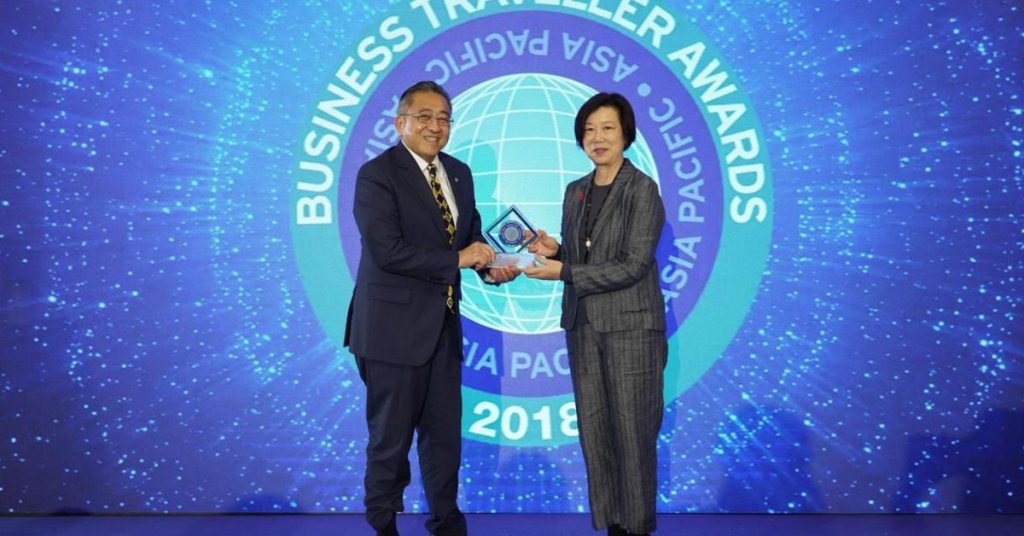
He blamed this on the fact that he had no connections and wasn’t part of the travel and service industries.
However, after some convincing, airlines began to recognise the need to outsource airport lounges as they were costly.
“These are airline companies. They make their money by providing flights, not operating lounges. To them, airport lounges are a cost centre. They would much rather have somebody else take care of their customers,” shared Song.
Now, 25 years later, it seems that Song’s gamble has become successful. The Plaza Premium Group today holds a wide portfolio of lounges, hotels, dining, and concierge services in over 30 countries.
The future of airport lounges
Despite Plaza Premium Lounge’s work to make airport lounges more accessible, there seems to be a stigma that airport lounges are still too restrictive.
An example of this was when certain airlines changed their access rules by increasing club membership and guest pass fees.
But even after everything he has done to change the industry, Song remains steadfast in his mission to provide an airport lounge that’s for all passengers.
Those who can’t access Plaza Premium Lounge with a credit card can still pay for access, after all. Currently, the door rates are RM168 for 2 hours of lounge usage, RM238 for 5-hour lounge use, and RM258 for 10-hour lounge use.
Not the cheapest fees, but if you’re going to be stuck in transit for several hours with no proper place to rest or work, it’s a mighty attractive option.
Song has since received billion-dollar offers to sell the world’s largest independent lounge network, but he’s rejected them, and it doesn’t seem like he’ll be changing his mind anytime soon.
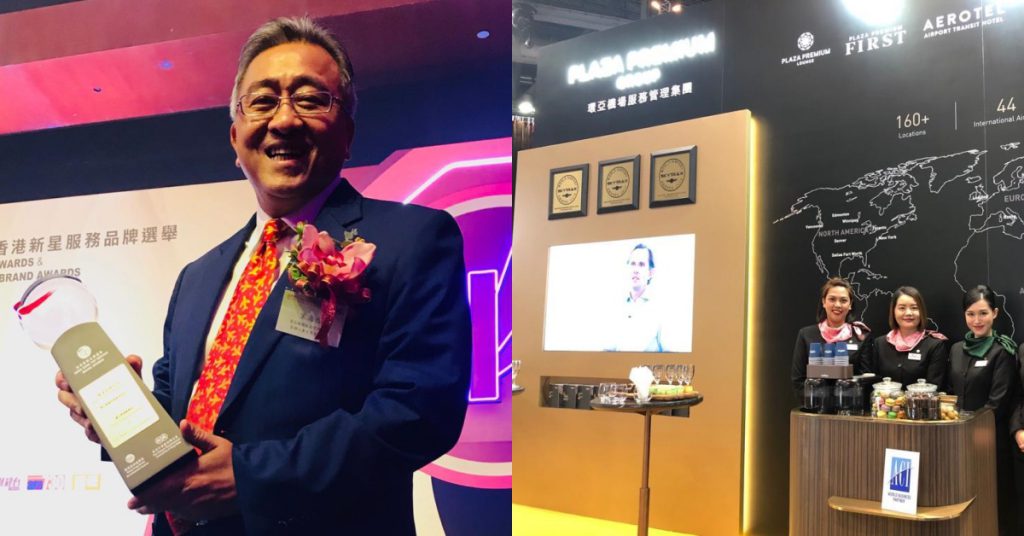
“I am still a kampung boy. I don’t care for private jets and lavish lifestyles. I am still more comfortable having a roti canai at my local mamak than fine dining. And I don’t need the money. This business is my baby,” he said.
“My 20 years of slogging amounts to just this tiny sliver of a multitrillion-dollar industry. The scope for growth here is tremendous, but I know that even the next three generations of my family will not be able to capture the whole market.”
He’s determined to see it through, so he remains in the business. This will be his legacy.
- Learn more about Plaza Premium Lounge here.
- Read other articles we’ve written about Malaysian startups here.
.
Featured Image Credit: Plaza Premium Lounge
Stay connected with us on social media platform for instant update click here to join our Twitter, & Facebook
We are now on Telegram. Click here to join our channel (@TechiUpdate) and stay updated with the latest Technology headlines.
For all the latest Life Style News Click Here
For the latest news and updates, follow us on Google News.
